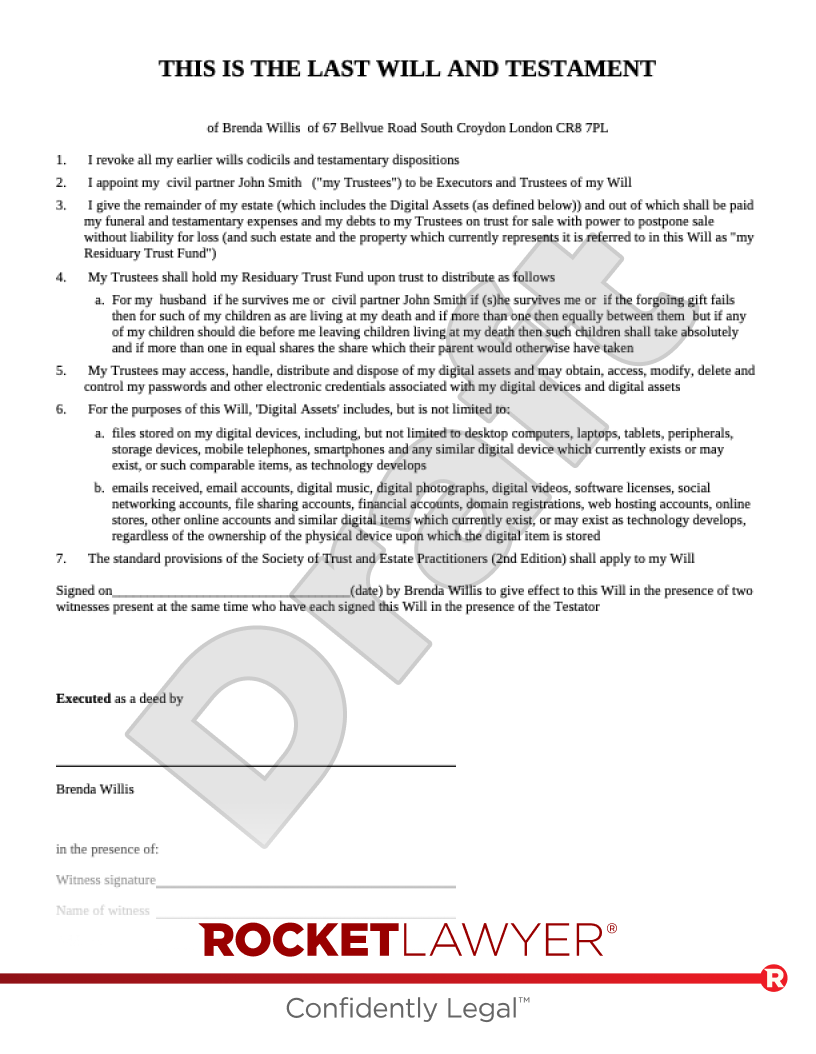What is the process for disinheriting a family member?
Writing a will
People who die without a will, do not have any say in how their estate (home and assets) is distributed following their death. Instead, the rules of intestacy will dictate who inherits what in line with the intestacy rules. The primary beneficiaries under the rules of intestacy are married or civil partners and children. For further information, read Intestacy and Intestacy rules in Scotland.
If someone wants to stop their spouse or children from benefiting from an inheritance, the first step is to clearly state their wishes in a will, by specifying how they want their estate to be distributed following their death. For further information, read Making your will.
Changing a will
If someone already has a will but wants to remove one or more of the named beneficiaries, they must change their will accordingly. This can either be done by making a new will and revoking the old one, or by using a Codicil. A codicil is a document that can be used as an addendum to a will where the changes are relatively small and straightforward. It must be signed and witnessed in the same way as a will, and it should be stored with the will. For more information, read Codicils and Executing a will.
How can a challenge be brought against disinheritance?
Although a testator (ie the person making the will) is entitled to state any beneficiaries they wish to include (or, by omission, to exclude) from a will, their wishes can be overridden by the law. This allows dependents of the deceased to make a claim against the estate - even if they were omitted from the will as beneficiaries - if they can prove that they were financially dependent on the deceased and were not sufficiently provided for in the will.
Other ways to challenge disinheritance include:
-
undue influence - for example, if a family member coerced the testator to change their will to exclude another relative, due to a family feud etc
-
capacity - if it can be proved that the testator lacked sufficient mental capacity to understand any changes they made to a will
-
improper execution - if the will was not properly made (eg witnesses were not present when it was signed)
For further information, read Contesting a will and Contesting a will in Scotland.




